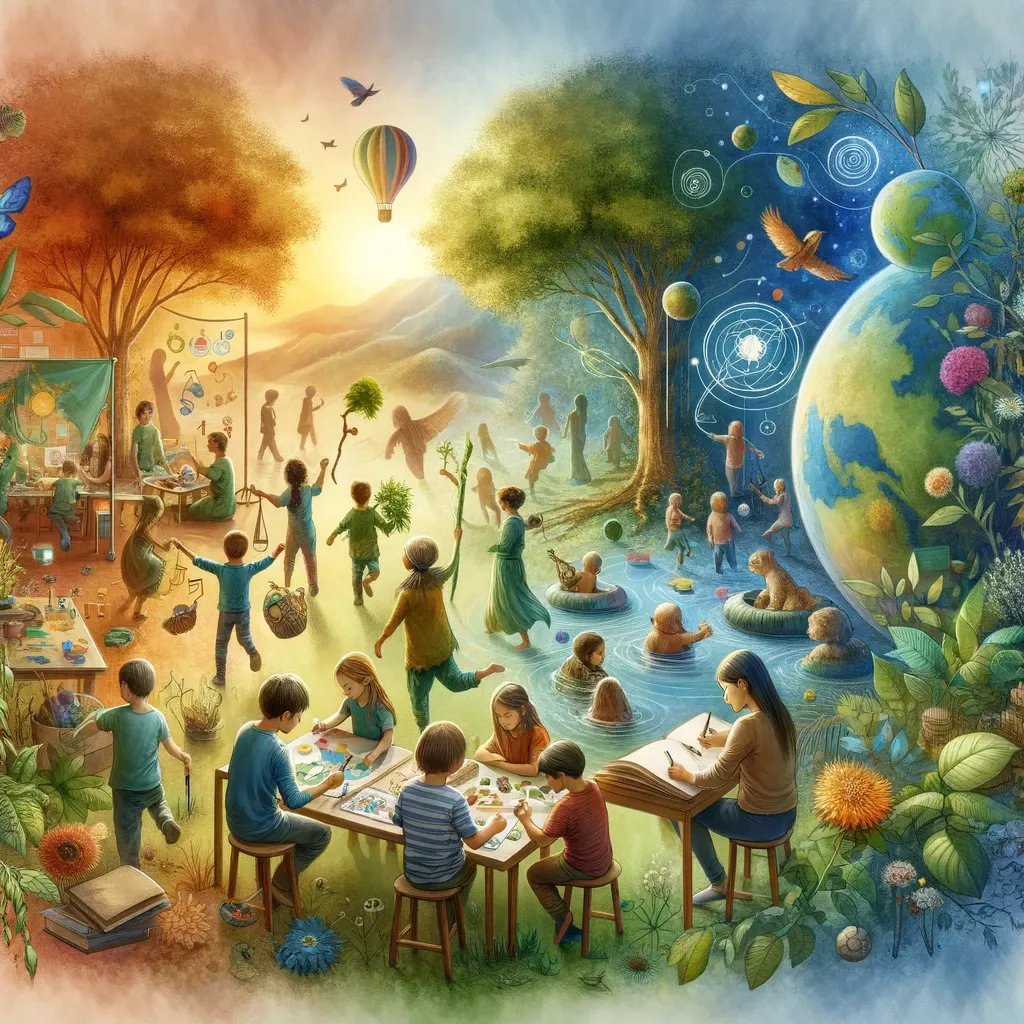Alternative Education: Nurturing Future Minds Beyond Global Narratives
In a world where traditional education often aligns closely with global narratives shaped by prevailing powers, the rise of alternative education becomes not just relevant but essential. These innovative schools represent more than a departure from conventional methods; they are a resistance to the one-size-fits-all approach, advocating for the uniqueness

In a world where traditional education often aligns closely with global narratives shaped by prevailing powers, the rise of alternative education becomes not just relevant but essential. These innovative schools represent more than a departure from conventional methods; they are a resistance to the one-size-fits-all approach, advocating for the uniqueness of each child.
Understanding the Shift
Traditional educational systems, while providing foundational knowledge, are increasingly criticized for their rigid structures, lack of flexibility, and emphasis on standardization. This approach can stifle creativity, critical thinking, and individual growth, leading to a disconnect between the education received and the skills needed in an ever-evolving world. Alternative education steps in to fill this gap. It is rooted in the belief that education should be an empowering process that respects each child's individual journey, promoting a holistic development that transcends academic learning.
The Philosophy Behind Alternative Education
The core philosophy of alternative schools is centered around the development of the whole child. This includes not only intellectual growth but also emotional, social, and spiritual nurturing. These schools often employ experiential learning, where children learn by doing, experiencing, and reflecting, thereby making education a more engaging and meaningful process. The focus is on building a love for learning, rather than just the accumulation of knowledge.
Benefits of Alternative Education
- Personalized Learning: Tailored to meet the unique needs and interests of each child, fostering intrinsic motivation and a deeper understanding of subjects.
- Emphasis on Creativity and Critical Thinking: Encourages out-of-the-box thinking and problem-solving skills, essential in today's world.
- Holistic Development: Focuses on the child's overall well-being, including emotional and social intelligence.
- Real-World Skills: Prepares children for the challenges of the real world, equipping them with practical skills and adaptability.
- Nature and Environmental Consciousness: Many alternative schools incorporate nature-based learning, promoting environmental stewardship and a connection to the natural world.
Challenges and Considerations
While the benefits are clear, alternative education also faces challenges. Accessibility and affordability can be issues, as many such schools are private and may not be available to all socio-economic groups. There's also the challenge of integrating such innovative approaches within the regulatory frameworks of national education systems.
The Road Ahead
As we navigate the complexities of the 21st century, the need for educational systems that can adapt and evolve becomes paramount. Alternative education, with its focus on the individual, creativity, and real-world readiness, offers a promising path forward. It represents a shift towards an education system that is not just about learning but about thriving in a rapidly changing world.
Conclusion
The future of education lies in embracing diversity, flexibility, and innovation. Alternative schools, with their unique approaches, are at the forefront of this transformation, challenging the global narratives and preparing our children for a future that values their individuality and potential.




